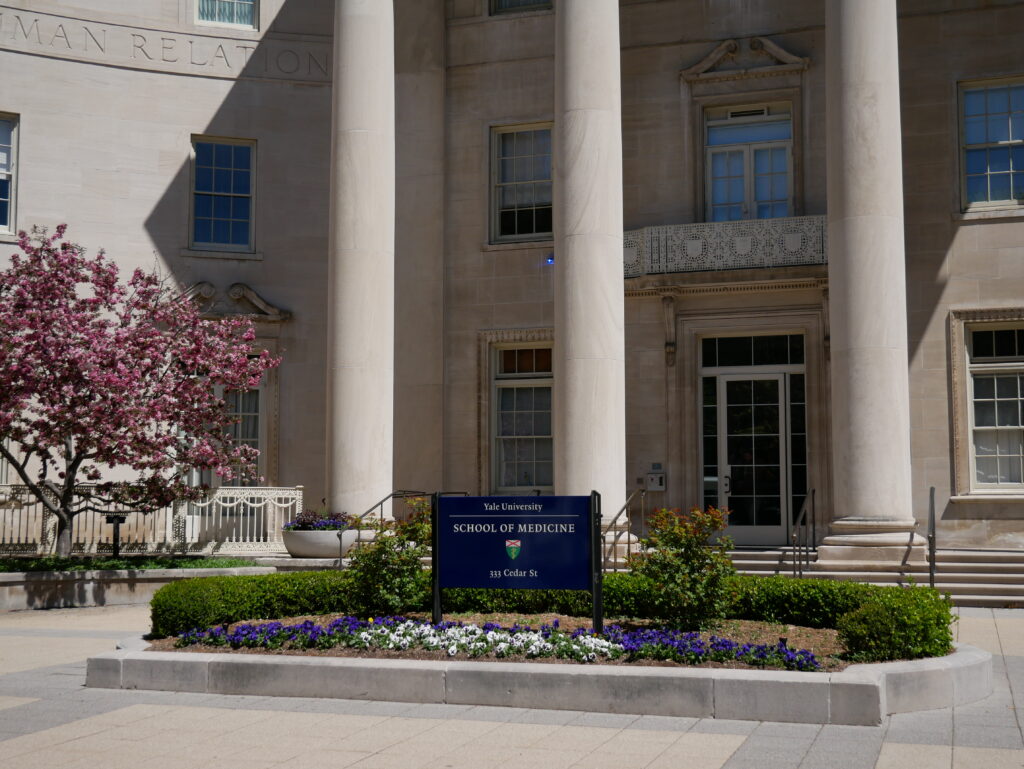A new research center at Yale University aims to develop strategies for healthy aging among patients living with HIV. The initiative, named the Aging Well with HIV Through Alcohol Research and Risk Reduction and Education (AWAR3E) Center, is backed by a five-year grant from the National Institute on Alcohol Abuse and Alcoholism.
Addressing the Challenges of Aging with HIV
Led by Amy Justice, a professor of internal medicine and public health, the center will focus on understanding the unique health challenges faced by the growing population of older adults living with HIV. Justice highlighted the significance of this research, stating, “There are more people aging with HIV now than ever before, thankfully, because we have therapy to suppress the virus and to extend people’s life expectancy.”
As patients with HIV live longer, they face increased risks for various medical conditions typically associated with aging, including cancer, cardiovascular disease, and diabetes. The center seeks to explore these vulnerabilities and enhance management strategies for aging with HIV.
Justice emphasized the complex interplay between HIV and aging, noting that while both groups experience immune dysfunction, the effects of HIV are particularly severe. “HIV causes immune dysfunction with a vengeance,” she explained. A considerable number of individuals living with HIV also struggle with alcohol use, co-infection with hepatitis C, and socioeconomic disadvantages, all of which may contribute to accelerated aging.
Building on Existing Research
The AWAR3E Center will leverage data from the Veterans Aging Cohort Study (VACS), a longitudinal study founded by Justice to investigate the impact of alcohol on aging in both HIV-infected and uninfected individuals. VACS provides access to over two decades of data, encompassing approximately 13.5 million people from national electronic health records.
Justice noted that the interdisciplinary team has developed expertise in various fields, including liver and neurological diseases, to support the project’s objectives. Associate professor Julie Womack has researched fall and fracture prevention among older adults with HIV, contributing vital knowledge to the center’s mission.
Womack described the collaborative effort required for the grant writing process, highlighting the importance of regular meetings and timelines to ensure progress. The team began drafting the grant in January 2024, with each member contributing their expertise to refine the proposals.
Despite the challenges, Womack expressed enthusiasm for working with an interdisciplinary team. “The opportunity to collaborate with people who have different interests and perspectives on the problem was just fascinating,” she remarked.
The center’s research will focus on how stressors, including alcohol use and socioeconomic deprivation, may contribute to premature aging through chronic inflammation. Justice pointed out that factors such as obesity, poor diet, lack of exercise, and stress are significant contributors to chronic inflammation, which has been linked to adverse aging outcomes.
One project will examine biological markers of stress and inflammation in people living with HIV, investigating whether residual viral reservoirs contribute to these conditions. Another study aims to explore the connection between aging-related health issues, such as falls and dementia, and socioeconomic disadvantage.
Goals and Impact of the AWAR3E Center
Vincent Lo Re, a professor of medicine and epidemiology at Rutgers University, stressed the importance of fostering research and mentorship within the center. He stated, “Aside from the terrific science that we will advance, one of the big benefits is that it will nurture significant research in alcohol-HIV/AIDS, provide valuable mentorship to early-stage investigators, and attract scientists new to this field.”
Womack also emphasized the center’s commitment to disseminating research findings widely. “One of the core groups within this grant is focused on how to get this information out there and to whom,” she said.
The team aims to share their findings broadly with patients, healthcare providers, and organizations, ensuring that the insights gained from their research can have a real impact on the lives of those affected by HIV.
According to estimates from the Centers for Disease Control and Prevention, approximately 1.2 million people are currently living with HIV in the United States. The AWAR3E Center’s work will play a crucial role in addressing the health challenges faced by this population as they age.







